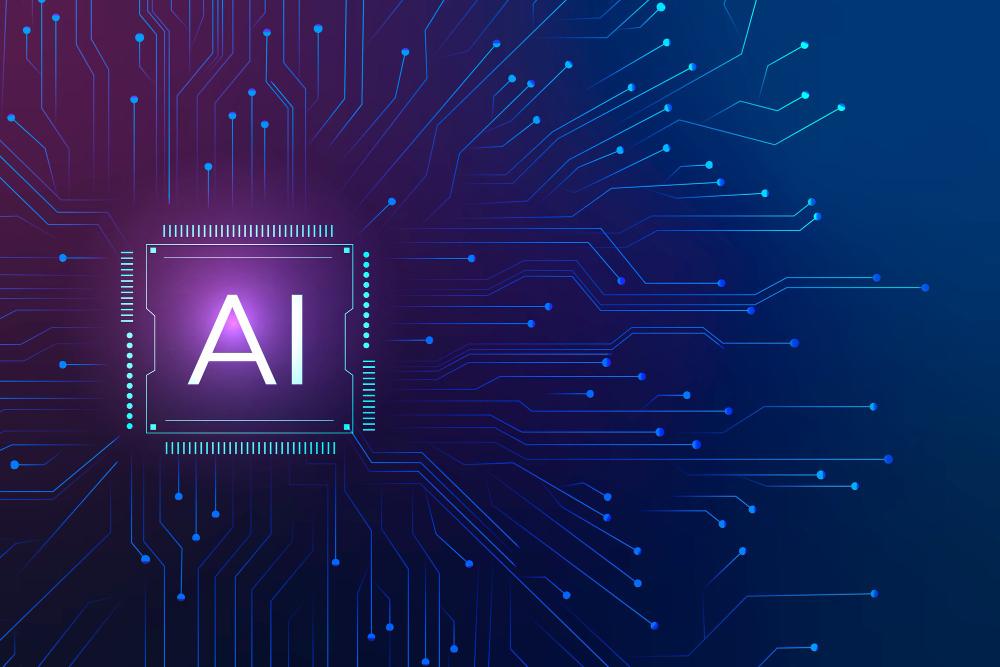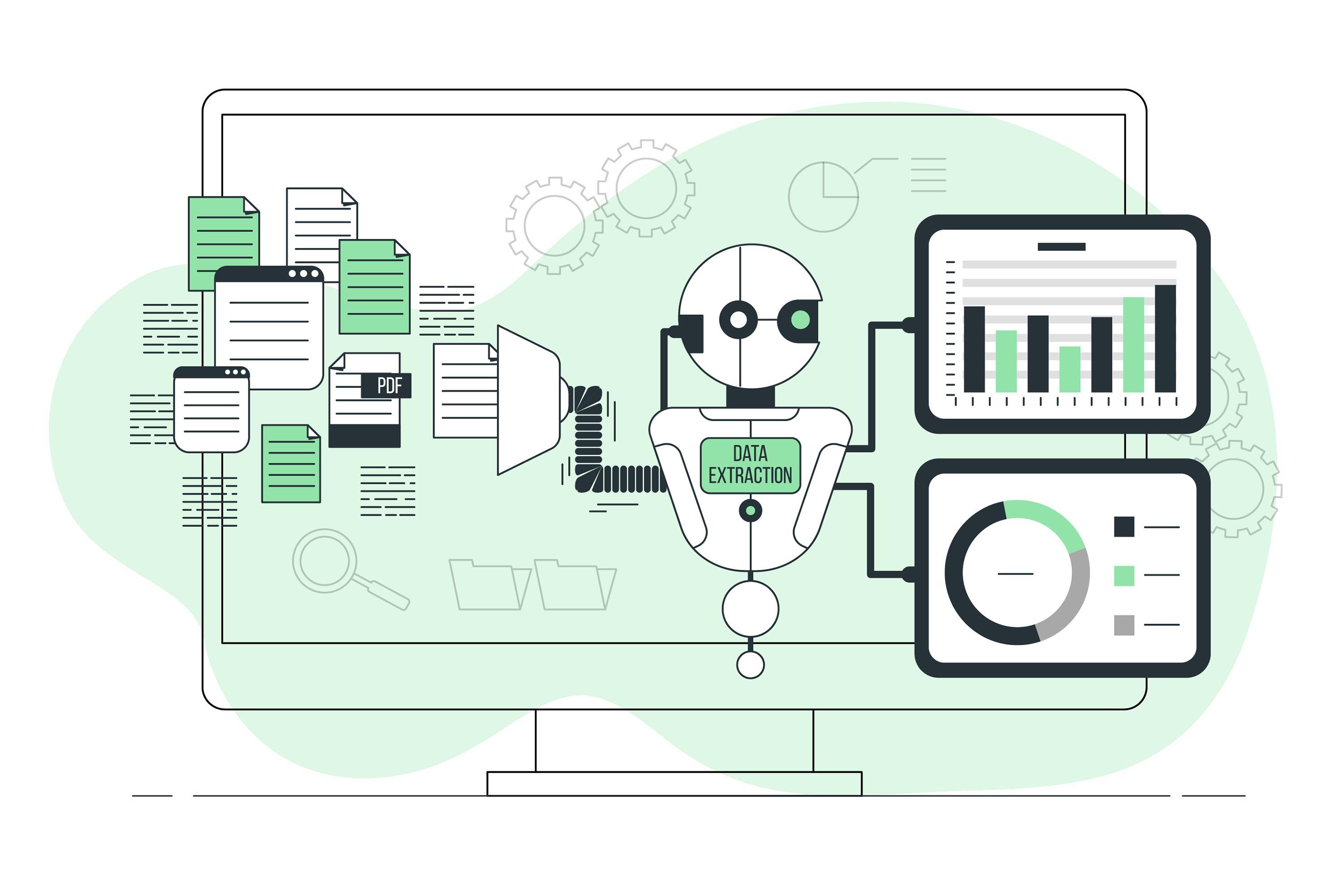Artificial Intelligence (AI) has become a cornerstone of modern technology, influencing various industries and revolutionizing the way we develop software. AI-powered software development leverages advanced algorithms and machine learning to enhance the software development process, improve code quality, and create more efficient and reliable software. In this article, we'll explore how AI in software development is making a significant impact and why it's becoming an essential tool for developers.

AI-Powered Software Development: An Overview
AI-powered software development refers to the integration of artificial intelligence technologies into the software development lifecycle. This includes automating routine tasks, predicting and preventing bugs, optimizing code, and enhancing user experiences. By incorporating AI, developers can focus on more complex and creative aspects of software engineering, leading to higher quality and more innovative products.
AI development software utilizes various AI techniques such as machine learning, natural language processing (NLP), and neural networks. These technologies enable software to learn from data, make predictions, and automate decision-making processes, significantly improving efficiency and accuracy.
Improving Code Quality and Efficiency
One of the most significant ways AI enhances software development is by improving code quality and efficiency. AI tools can automatically generate code, detect bugs, and suggest improvements. This automation reduces the time developers spend on routine tasks and allows them to focus on more critical aspects of development.
AI for developers includes tools like GitHub Copilot, an AI-powered code completion tool that provides intelligent code suggestions as developers type. This not only speeds up the coding process but also ensures consistency and adherence to best practices. Additionally, AI can perform static code analysis to identify potential vulnerabilities and code smells, ensuring higher code quality and security.
AI can also automate testing, a critical phase in the software development lifecycle. AI-driven testing tools can create and execute test cases, simulate user interactions, and identify performance bottlenecks. This leads to more reliable and robust software, as testing becomes more thorough and less prone to human error.
Enhancing User Experience
AI is playing a crucial role in enhancing user experiences by enabling more personalized and intuitive interactions. Through the analysis of user behavior and preferences, AI can tailor software applications to meet individual user needs, creating more engaging and satisfying experiences.
Artificial intelligence software development can incorporate AI-driven features such as chatbots, virtual assistants, and recommendation systems. These features leverage natural language processing and machine learning algorithms to understand user intent, provide relevant responses, and anticipate user needs.
For example, AI-powered recommendation engines can analyze user activity and preferences to suggest relevant content, products, or services. Virtual assistants can help users navigate complex applications, perform tasks, and access information quickly and efficiently.
Optimizing Software Engineering Processes
AI and software engineering are becoming increasingly intertwined, with AI optimizing various aspects of the software engineering process. AI can predict project timelines, allocate resources efficiently, and identify potential risks, helping project managers make informed decisions and keep projects on track.
AI-driven project management tools can analyze historical project data to forecast future trends and outcomes, enabling proactive management and risk mitigation. AI can also automate routine project management tasks, such as scheduling meetings, tracking progress, and generating reports, freeing up project managers to focus on strategic planning and team coordination.
Generative AI in software development is another exciting area where AI is making significant contributions. Generative AI can create new code based on high-level specifications, allowing developers to prototype and experiment with different approaches quickly. This accelerates the development process and fosters innovation by enabling rapid iteration and exploration of new ideas.

Supporting Continuous Integration and Deployment
Continuous integration and deployment (CI/CD) are essential practices in modern software development, and AI is enhancing these processes through automation and optimization. AI-driven CI/CD tools can automate the build, test, and deployment processes, ensuring that software updates are delivered quickly and reliably.
AI can monitor the CI/CD pipeline for potential issues, such as integration conflicts or performance regressions, and take corrective actions to maintain the integrity of the deployment process. This reduces the risk of errors and downtime, ensuring a seamless and efficient delivery of software updates.
The Future of AI in Software Development
The integration of AI into software development is still evolving, and the future holds even greater potential for innovation and improvement. Emerging AI technologies, such as advanced machine learning models and natural language processing techniques, will continue to push the boundaries of what is possible in software development.
As AI becomes more integrated into development workflows, we can expect to see more sophisticated tools and platforms that provide deeper insights, automate more complex tasks, and enhance collaboration among development teams. The ongoing advancements in AI and software engineering will undoubtedly lead to more efficient, reliable, and innovative software solutions.
Conclusion: Embracing AI for Better Software
The integration of AI into the software development lifecycle is transforming how software is built, tested, and maintained. By adopting AI-powered software development practices and leveraging AI tools, businesses can achieve significant improvements in efficiency, code quality, decision-making, and user experience. Understanding and implementing AI in software development will position your team to harness the full potential of AI and drive innovation in your projects.

